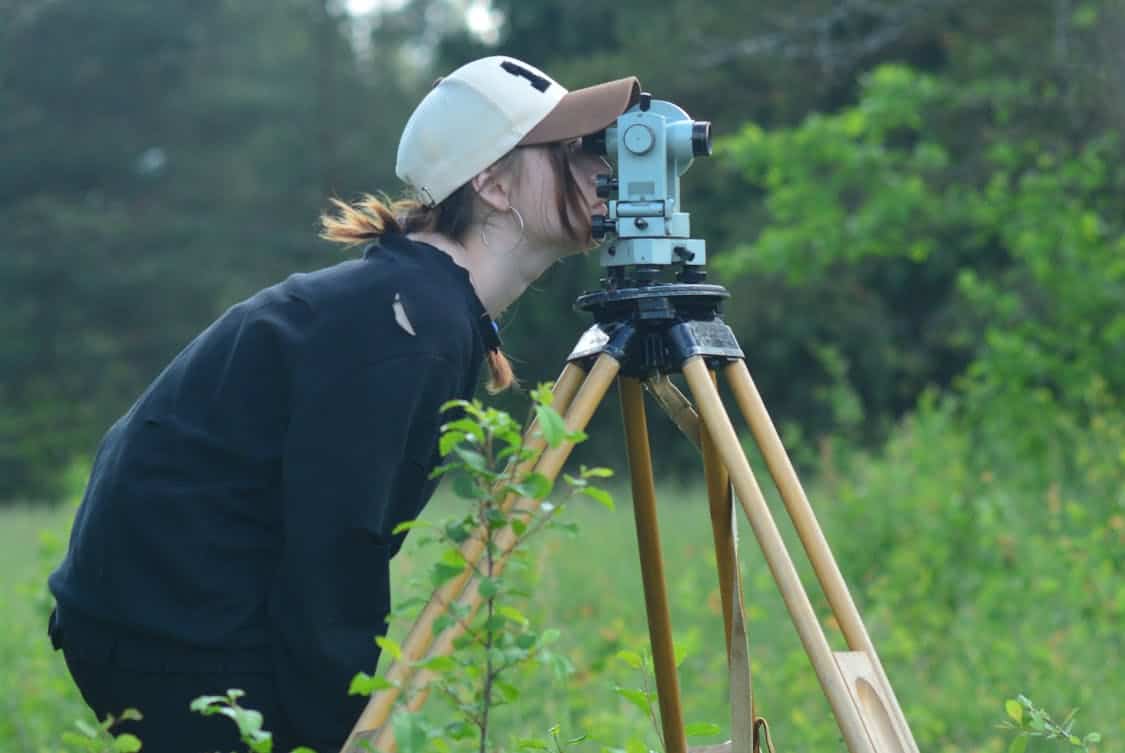When planning a fencing project, one question often arises: Do I really need a land surveyor? The answer isn’t as cut-and-dry as it may seem.
While some may think it’s an unnecessary expense, there are compelling reasons to consider hiring a professional. Let’s explore the importance of land surveys in fencing projects and what they entail.
Understanding Land Surveys
A land survey involves measuring and mapping out property boundaries. This process provides precise information regarding the land’s dimensions, shape, and any existing structures.
Essentially, it acts as a clear delineation of where your property ends and your neighbor’s begins. For proper fencing, knowing these boundaries is vital.
Without accurate data, you risk encroaching on your neighbor’s land, leading to potential disputes. If you’ve ever heard of the term “fence disputes,” you’ll appreciate why getting this right matters.
When Is a Land Survey Necessary?
While not every fencing project demands a land survey, certain situations do call for one. For instance, if you’re constructing a fence that could alter or define property lines, a survey becomes essential.
If your property has unclear boundaries or if you’re building near existing structures, a survey is wise.
Local regulations and homeowner association rules can also dictate whether a survey is required. Some areas have strict guidelines to ensure that fencing complies with zoning laws. Thus, it’s best to check local requirements before proceeding.
The Benefits of Hiring a Land Surveyor

Hiring a land surveyor offers several key advantages. First and foremost, they provide expert knowledge and tools that ensure accuracy. Surveyors use specialized equipment to measure land parcels, rendering precise results that might elude the average homeowner.
Moreover, a land surveyor can help identify potential issues before they arise. For example, they can uncover easements, which are areas where others have rights over your property. This information can save you time and money down the line.
Avoiding Legal Complications
One of the most significant benefits of a land survey is the potential to avoid legal disputes. Imagine putting in your fence only to find out later that you’ve built it on land that belongs to your neighbor.
Not only would this lead to the embarrassment of having to take it down, but it could also lead to costly legal battles. To prevent these issues from the start, it’s always wise to use a Melbourne land surveyor before beginning your fencing project.
Having a survey done beforehand offers peace of mind. It provides documented proof of where your property lines lie, which can be invaluable in the event of a disagreement with neighbors.
Cost Considerations
While hiring a land surveyor involves upfront costs, weighing this against potential future expenses can clarify the value. The price for a survey can vary widely based on location, property size, and the complexity of the project.
However, the expense pales in comparison to possible legal fees or removal costs if a fence is found to be incorrectly placed.
If you’re considering doing the survey yourself to save money, you might want to think twice. Inaccurate measurements could lead to headaches later on. The old saying “measure twice, cut once” applies here!
Survey Process and What to Expect
The survey process usually begins with the land surveyor assessing the site. They’ll analyze existing documents, including title deeds and previous surveys, to establish a baseline for their measurements. Then, using modern technology, they’ll determine the exact boundaries of the property.
Once the survey is complete, the surveyor will provide a detailed report, often accompanied by a map outlining the property lines. This document is crucial for fencing projects, as it provides a clear plan to follow.
Local Regulations and Zoning Laws
Before you dig in, familiarize yourself with local zoning laws. Many municipalities have regulations regarding how close a fence can be to property lines. Some areas may even have specific height restrictions or materials that can be used.
A land surveyor can help you navigate these regulations. They often have experience with local laws and can offer advice on how to comply while still achieving your fencing goals.
DIY vs. Professional Surveys
While some homeowners may consider a DIY approach, this can lead to more problems than it solves. Basic tools like tape measures may not provide the accuracy needed for legal purposes. Mistakes in boundary identification can lead to costly errors when constructing a fence.
For many, hiring a professional surveyor is the simplest path forward. They bring industry knowledge and experience that can streamline your project and save you headaches.
Neighbors and Communication
Good fences make good neighbors, but they can also lead to disputes if communication breaks down. Getting your neighbor involved early in the fencing project can help alleviate tensions. Share your plans and discuss property boundaries openly.
If a land surveyor is involved, they can also act as a neutral party. Having a professional confirm property lines can lend credibility to your project, making it easier to resolve any disagreements amicably.
Types of Fencing Projects
Different types of fencing projects may require varying levels of surveying. For instance, a simple garden fence may not necessitate a survey, especially if it’s set back from the property line.
Conversely, installing a tall privacy fence or a fence with decorative elements might require a survey for compliance with zoning laws.
Understanding the scope of your fencing project can help determine whether a land surveyor is necessary. Always err on the side of caution, especially when property boundaries are involved.
The Role of Technology in Surveys
Modern technology has transformed the survey process. GPS and drone technology allow surveyors to gather data quickly and accurately. These tools can help provide a clearer picture of your property, ultimately benefiting your fencing project.
Utilizing technology can also simplify the process. Some surveyors offer digital reports and maps, making it easier to visualize where your fence will go.


